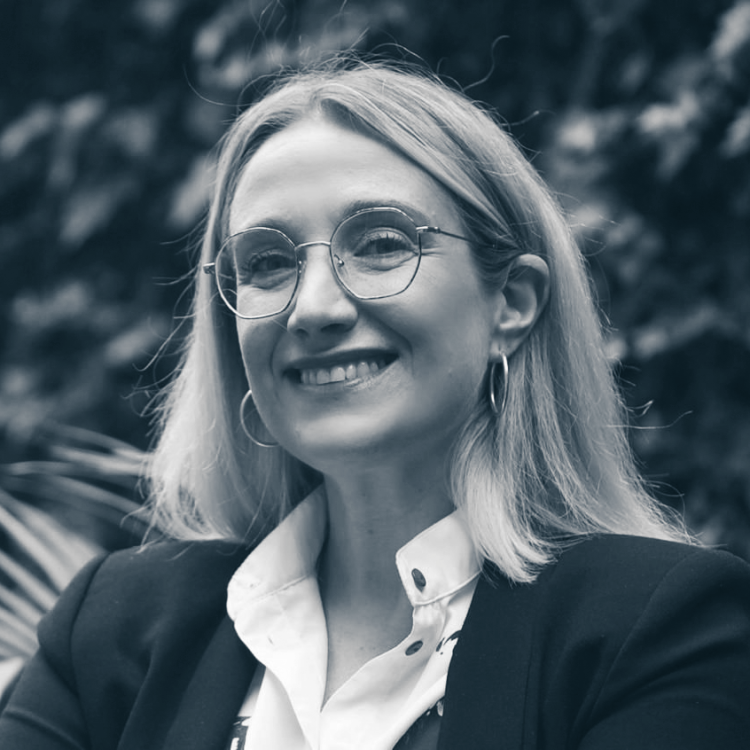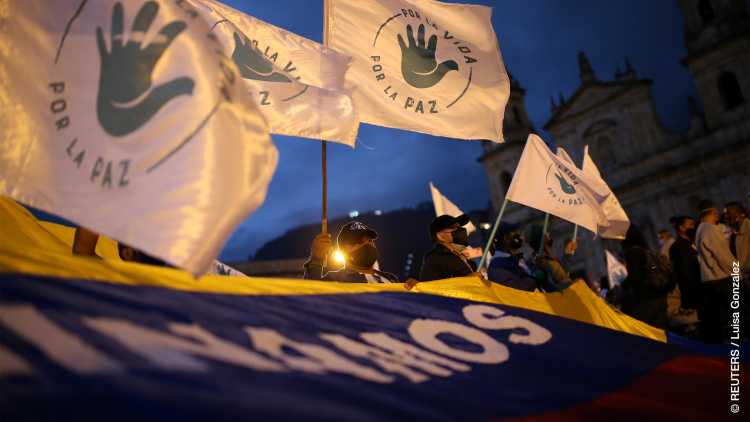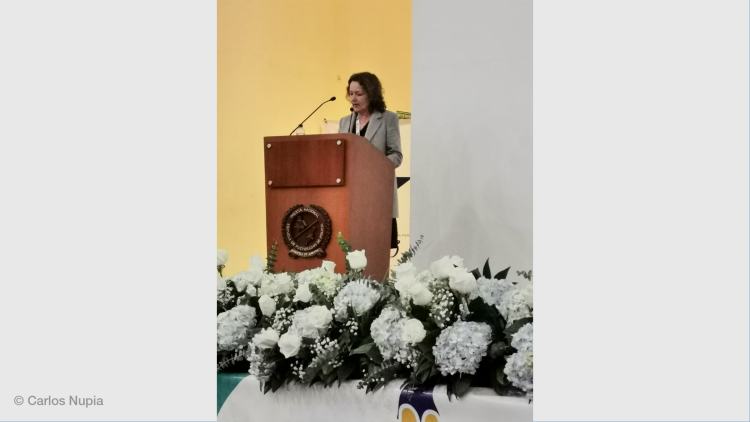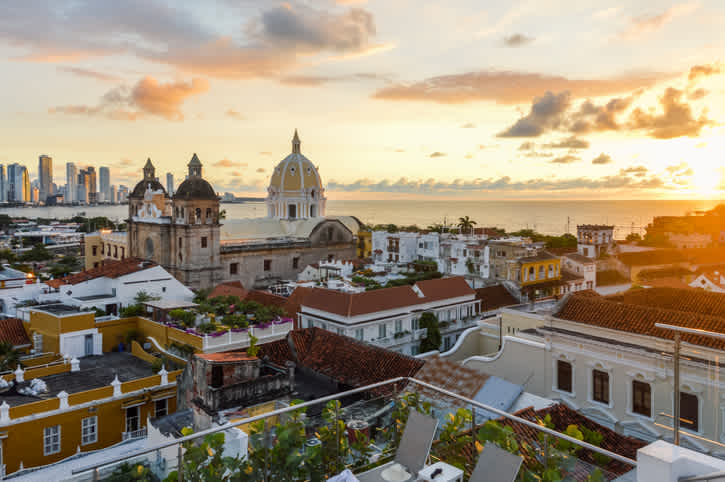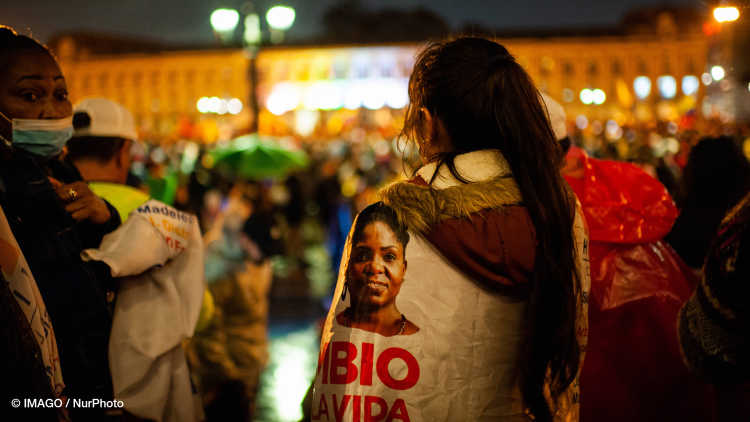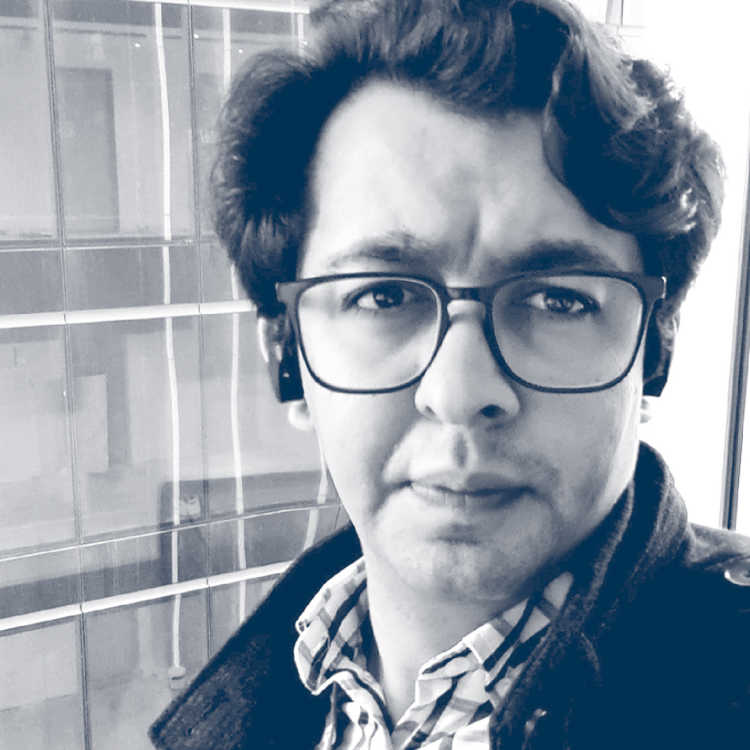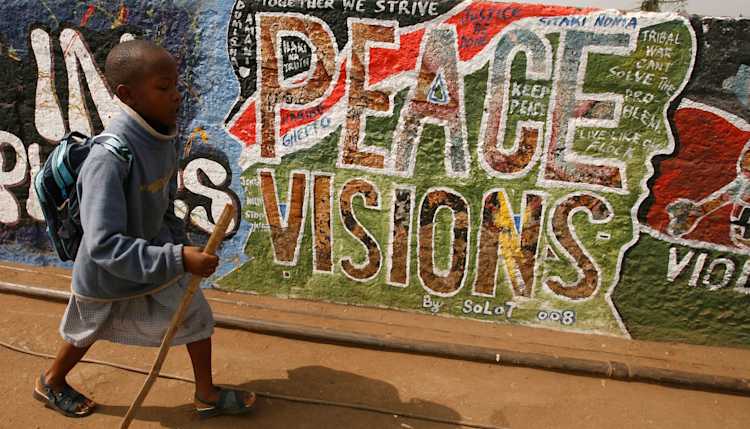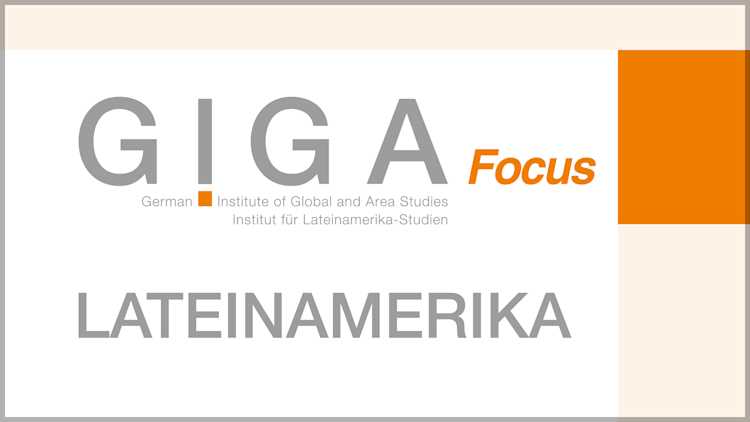- Home
- Publications
- Books
- Los Enredos de la Paz: Reflexiones Alrededor del Largo Camino de la Transformación del Conflicto Armado en Colombia
Sabine Kurtenbach / Kristina Birke Daniels
The Entanglements of Peace: Reflections on the long road of transforming the armed conflict in Colombia
Edited Volume | FESCOL Friedrich Ebert Stiftung Colombia | 2021
Research Project
Regional Institutes
Research Programmes
Number of Pages
396
Publisher
FESCOL Friedrich Ebert Stiftung Colombia
ISBN
978-958-8677-47-7 (spanish)
978-958-8677-48-4 (english)
Location
Bogotá
Promotional video

